
Why You Shouldn’t Retire Your Money
“I am getting close to retirement. Shouldn’t my portfolio be more conservative or even in cash?” Not necessarily. When you retire, you typically need your money to work for you over the next 20 to 30 years. Most people cannot afford to stop investing. Imagine saying, “I’m going to retire, stop earning money, and let my money retire too… neither of us needs to be earning.” This mindset can be detrimental to your long-term financial health. Investing during retirement is crucial because it helps you keep pace with inflation and maintain your purchasing power. If you shift all your assets to cash or overly conservative investments, you risk not only depleting your savings faster but also losing ground to inflation. The cost of living continues to rise, so your money needs to grow to keep up. Time and again I meet clients who, despite withdrawing money for decades, still have as much or more than they initially invested. This common scenario often looks something like this: you invest $1,000,000, withdraw $750,000 over time, and have $1,200,000 remaining. This is possible because their investments continue to generate returns that outpace their withdrawals. If you had left your money in savings instead

From Boomers to Gen X: Guiding the Next Generation in Financial Stewardship
In today’s world, the landscape of financial responsibility is rapidly evolving. More and more, we are seeing baby boomers beginning to pass the torch of financial responsibility to their most trusted Gen X successors. For some, this may mean handing over the reins entirely; for others, it’s about collaborating and providing guidance to the next generation. This generational transition involves more than just numbers on a spreadsheet— it’s a profound shift in mindset, responsibility, and planning. This collaboration often resembles a form of training—a process where the older generation educates the younger one about what they have, and how it all fits into their broader financial strategy and estate planning objectives. Key Questions to Consider: Timing and Choice However, this shift begs several important questions: Who should be involved in this process, and when is the right time to bring them in? Should only one child be involved, for instance, or should it be all of them? The truth is that there is no one-size-fits-all answer. Every family’s situation is unique, and these decisions can be highly personal. However, what remains consistent is the importance of clear communication and thoughtful planning. Deciding who will take on financial responsibilities and when

Update from CEO Portia L. White, CFP®
As the CEO of Whelan Financial, I am pleased to share some of the incredible improvements we’ve been working on over the past number of years. Our team has embarked on an exciting journey of transformation, particularly in the realm of technology. Our goal has always been to empower our clients and our team with the best tools so that we can provide the best service. I’m excited to tell you how we’re achieving that and more.

Reasons to Consider Direct Indexing as a Financial Strategy
At Whelan Financial, we’re continually on the lookout for ways to customize our services to align with our clients’ unique financial objectives, values, and risk tolerance. We believe that Direct Indexing is a powerful solution that can do just that and more.

Peace of Mind Starts with a Plan
There are no two financial plans alike. Working with a Certified Financial Planner™ will ensure that your financial plan is designed around your desired future.

Navigating Current Volatile Market Conditions
Investing during uncertain times can be stressful, but our qualified Whelan Financial advisers will help guide you on how to invest in volatile markets.
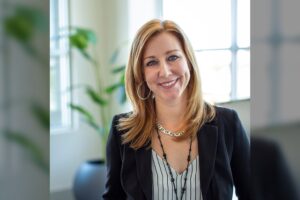
Portia L. White, CFP® Named CEO of WF
It is with great enthusiasm that I am writing to you for the first time as the CEO of Whelan Financial. Vin announced my promotion earlier this year and it is a privilege to lead my fabulous team into the next era. Over the course of my seventeen years with the firm, I have witnessed its success, I have learned from our mistakes, and I have developed a vision for the future. We have a very bright, and exciting time ahead, indeed! What we do here at WF is important! At the heart of it, what we do goes far beyond building financial projections and developing investment portfolios, rather, we bring our clients the kind of happiness you can only experience when you have peace of mind about your money and your future. When your financial footing is firmly planted you can focus on the more qualitative aspects of your life like relationships, personal development, life experiences, or a career perhaps. At the beginning of this firm’s history, Vin Whelan embedded in our company’s core values, the underlying objective, that “every client would receive our very best care and attention”. This concept, at the heart of our company culture, has

Your End-Of-The-Year Financial Checklist
End of Year Financial Checklist! Seriously? It’s almost Christmas again? Yikes! Before you go and “break the bank” this season, let’s review a few things you can do before year-end to protect both your financial present and future. 1.) Maximize Your 401(K) Contributions! This strategy is among the top priorities in almost every financial plan. The maximum for 2021 is $19,500 or $26,000 if you are over 50. Check with your 401(k) service provider to see that you are on track to maximize your contributions by year-end. 2.) Prepare for Tax Impact For those of you who do not like surprises, end of year tax planning is a must. Meeting with your CPA and having them run a preliminary projection can help prepare you for an unexpected tax burden. And, it gives you time to take advantage of tax deductions like charitable contributions, before it is too late. If you don’t have a CPA, but rather do your own taxes, I suggest using the IRS Withholding Calculator to give you an idea of whether you are likely to owe more or be entitled to a refund. I have personally found this tool to be very accurate. All you need when

Why Do Happy Couples Have Healthier Finances?
We have all heard the expression, “there is more to life than money.” No one would dare disagree, but we also can’t deny that money is at the heart of much stress. It is also no secret that money stress can be devastating to a marriage. The happiest couples I meet are those who are on the same page about their finances. But more interesting is that, not only are these couples the most content, I find they have the HEALTHIEST levels of financial security! You must be thinking, “of course” if they have a healthy level of financial security then it is easy to be happy. But the behavior of these couples is in stark contrast to the unhappy couples whose financial health is borderline. These couples all do the following: They come to their meetings with light hearts and seem strongly connected, the meetings are full of laughter rather than being wrought with bickering and sarcasm. It is quite clear, that their teamwork, their respect for one another and their great communication are largely the reason that they have achieved financial security. This combined with their fairly frugal spending, is why they can sincerely say “there is more

Why You Shouldn’t Retire Your Money
“I am getting close to retirement. Shouldn’t my portfolio be more conservative or even in cash?” Not necessarily. When you retire, you typically need your money to work for you over the next 20 to 30 years. Most people cannot afford to stop investing. Imagine saying, “I’m going to retire, stop earning money, and let my money retire too… neither of us needs to be earning.” This mindset can be detrimental to your long-term financial health. Investing during retirement is crucial because it helps you keep pace with inflation and maintain your purchasing power. If you shift all your assets to cash or overly conservative investments, you risk not only depleting your savings faster but also losing ground to inflation. The cost of living continues to rise, so your money needs to grow to keep up. Time and again I meet clients who, despite withdrawing money for decades, still have as much or more than they initially invested. This common scenario often looks something like this: you invest $1,000,000, withdraw $750,000 over time, and have $1,200,000 remaining. This is possible because their investments continue to generate returns that outpace their withdrawals. If you had left your money in savings instead

From Boomers to Gen X: Guiding the Next Generation in Financial Stewardship
In today’s world, the landscape of financial responsibility is rapidly evolving. More and more, we are seeing baby boomers beginning to pass the torch of financial responsibility to their most trusted Gen X successors. For some, this may mean handing over the reins entirely; for others, it’s about collaborating and providing guidance to the next generation. This generational transition involves more than just numbers on a spreadsheet— it’s a profound shift in mindset, responsibility, and planning. This collaboration often resembles a form of training—a process where the older generation educates the younger one about what they have, and how it all fits into their broader financial strategy and estate planning objectives. Key Questions to Consider: Timing and Choice However, this shift begs several important questions: Who should be involved in this process, and when is the right time to bring them in? Should only one child be involved, for instance, or should it be all of them? The truth is that there is no one-size-fits-all answer. Every family’s situation is unique, and these decisions can be highly personal. However, what remains consistent is the importance of clear communication and thoughtful planning. Deciding who will take on financial responsibilities and when
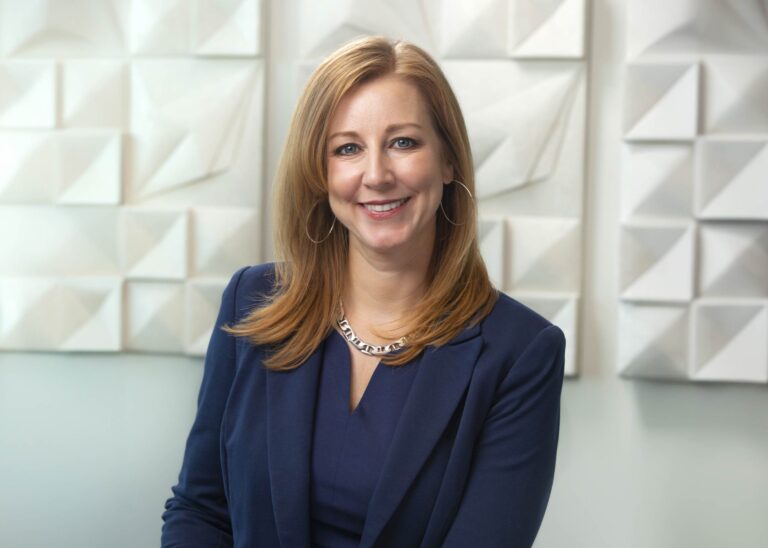
Update from CEO Portia L. White, CFP®
As the CEO of Whelan Financial, I am pleased to share some of the incredible improvements we’ve been working on over the past number of years. Our team has embarked on an exciting journey of transformation, particularly in the realm of technology. Our goal has always been to empower our clients and our team with the best tools so that we can provide the best service. I’m excited to tell you how we’re achieving that and more.

Reasons to Consider Direct Indexing as a Financial Strategy
At Whelan Financial, we’re continually on the lookout for ways to customize our services to align with our clients’ unique financial objectives, values, and risk tolerance. We believe that Direct Indexing is a powerful solution that can do just that and more.

Peace of Mind Starts with a Plan
There are no two financial plans alike. Working with a Certified Financial Planner™ will ensure that your financial plan is designed around your desired future.

Navigating Current Volatile Market Conditions
Investing during uncertain times can be stressful, but our qualified Whelan Financial advisers will help guide you on how to invest in volatile markets.
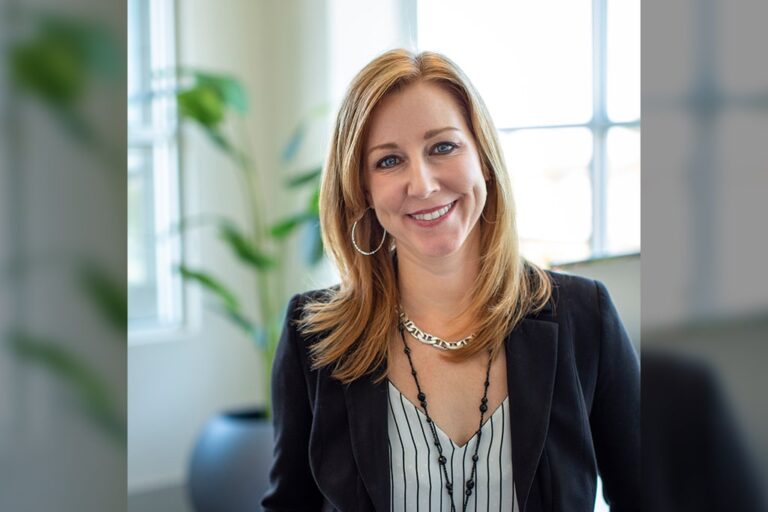
Portia L. White, CFP® Named CEO of WF
It is with great enthusiasm that I am writing to you for the first time as the CEO of Whelan Financial. Vin announced my promotion earlier this year and it is a privilege to lead my fabulous team into the next era. Over the course of my seventeen years with the firm, I have witnessed its success, I have learned from our mistakes, and I have developed a vision for the future. We have a very bright, and exciting time ahead, indeed! What we do here at WF is important! At the heart of it, what we do goes far beyond building financial projections and developing investment portfolios, rather, we bring our clients the kind of happiness you can only experience when you have peace of mind about your money and your future. When your financial footing is firmly planted you can focus on the more qualitative aspects of your life like relationships, personal development, life experiences, or a career perhaps. At the beginning of this firm’s history, Vin Whelan embedded in our company’s core values, the underlying objective, that “every client would receive our very best care and attention”. This concept, at the heart of our company culture, has

Your End-Of-The-Year Financial Checklist
End of Year Financial Checklist! Seriously? It’s almost Christmas again? Yikes! Before you go and “break the bank” this season, let’s review a few things you can do before year-end to protect both your financial present and future. 1.) Maximize Your 401(K) Contributions! This strategy is among the top priorities in almost every financial plan. The maximum for 2021 is $19,500 or $26,000 if you are over 50. Check with your 401(k) service provider to see that you are on track to maximize your contributions by year-end. 2.) Prepare for Tax Impact For those of you who do not like surprises, end of year tax planning is a must. Meeting with your CPA and having them run a preliminary projection can help prepare you for an unexpected tax burden. And, it gives you time to take advantage of tax deductions like charitable contributions, before it is too late. If you don’t have a CPA, but rather do your own taxes, I suggest using the IRS Withholding Calculator to give you an idea of whether you are likely to owe more or be entitled to a refund. I have personally found this tool to be very accurate. All you need when

Why Do Happy Couples Have Healthier Finances?
We have all heard the expression, “there is more to life than money.” No one would dare disagree, but we also can’t deny that money is at the heart of much stress. It is also no secret that money stress can be devastating to a marriage. The happiest couples I meet are those who are on the same page about their finances. But more interesting is that, not only are these couples the most content, I find they have the HEALTHIEST levels of financial security! You must be thinking, “of course” if they have a healthy level of financial security then it is easy to be happy. But the behavior of these couples is in stark contrast to the unhappy couples whose financial health is borderline. These couples all do the following: They come to their meetings with light hearts and seem strongly connected, the meetings are full of laughter rather than being wrought with bickering and sarcasm. It is quite clear, that their teamwork, their respect for one another and their great communication are largely the reason that they have achieved financial security. This combined with their fairly frugal spending, is why they can sincerely say “there is more
Authors
-
 CEO/Partner/Senior Advisor
CEO/Partner/Senior Advisor -
 Director of Trading/Senior Advisor
Director of Trading/Senior Advisor -
 CFO/CIO/Partner/Senior Advisor
CFO/CIO/Partner/Senior Advisor -

-
 Chief Compliance Officer/Investment Advisor
Chief Compliance Officer/Investment Advisor -
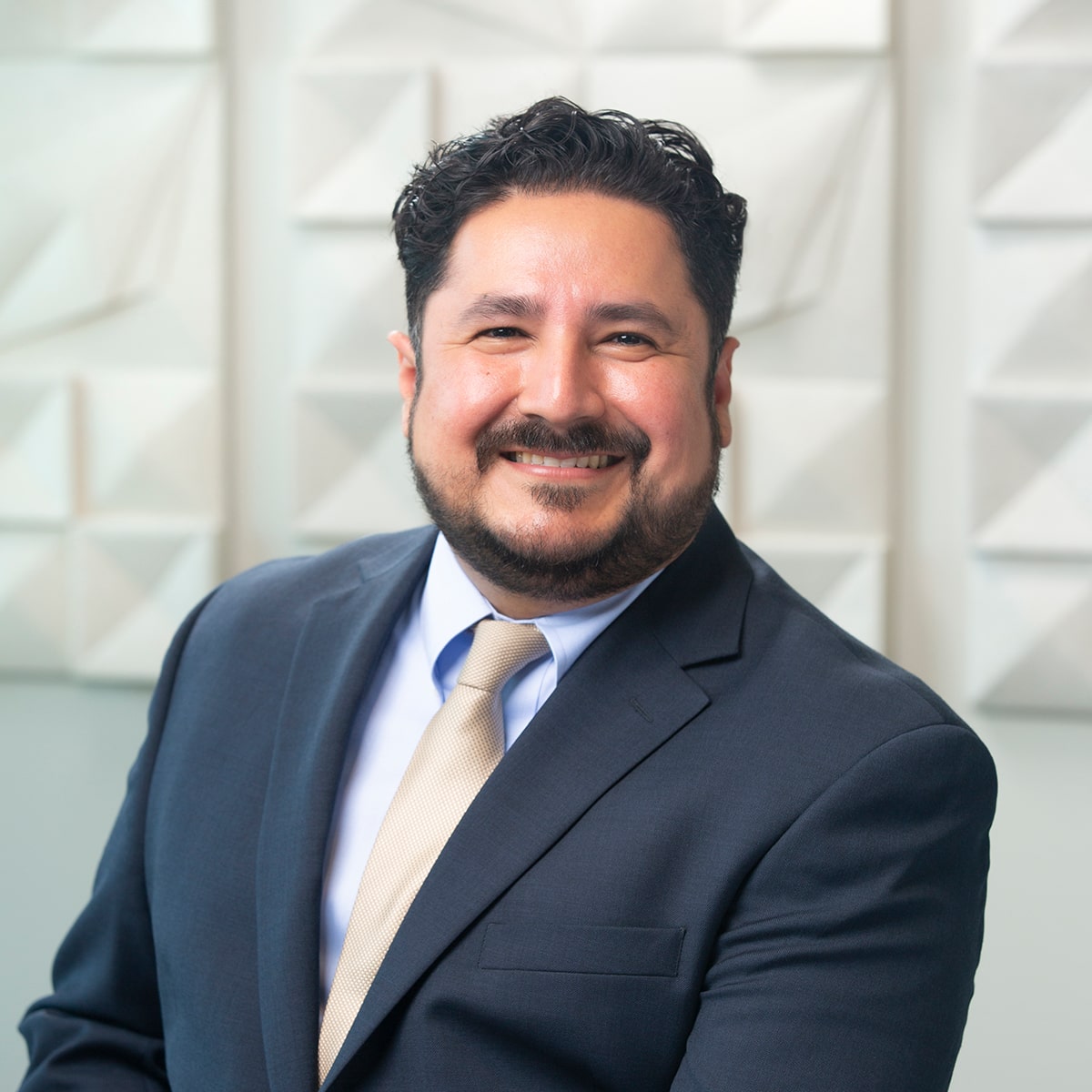 Investment Advisor
Investment Advisor -
 Founder/President/Senior Advisor
Founder/President/Senior Advisor -
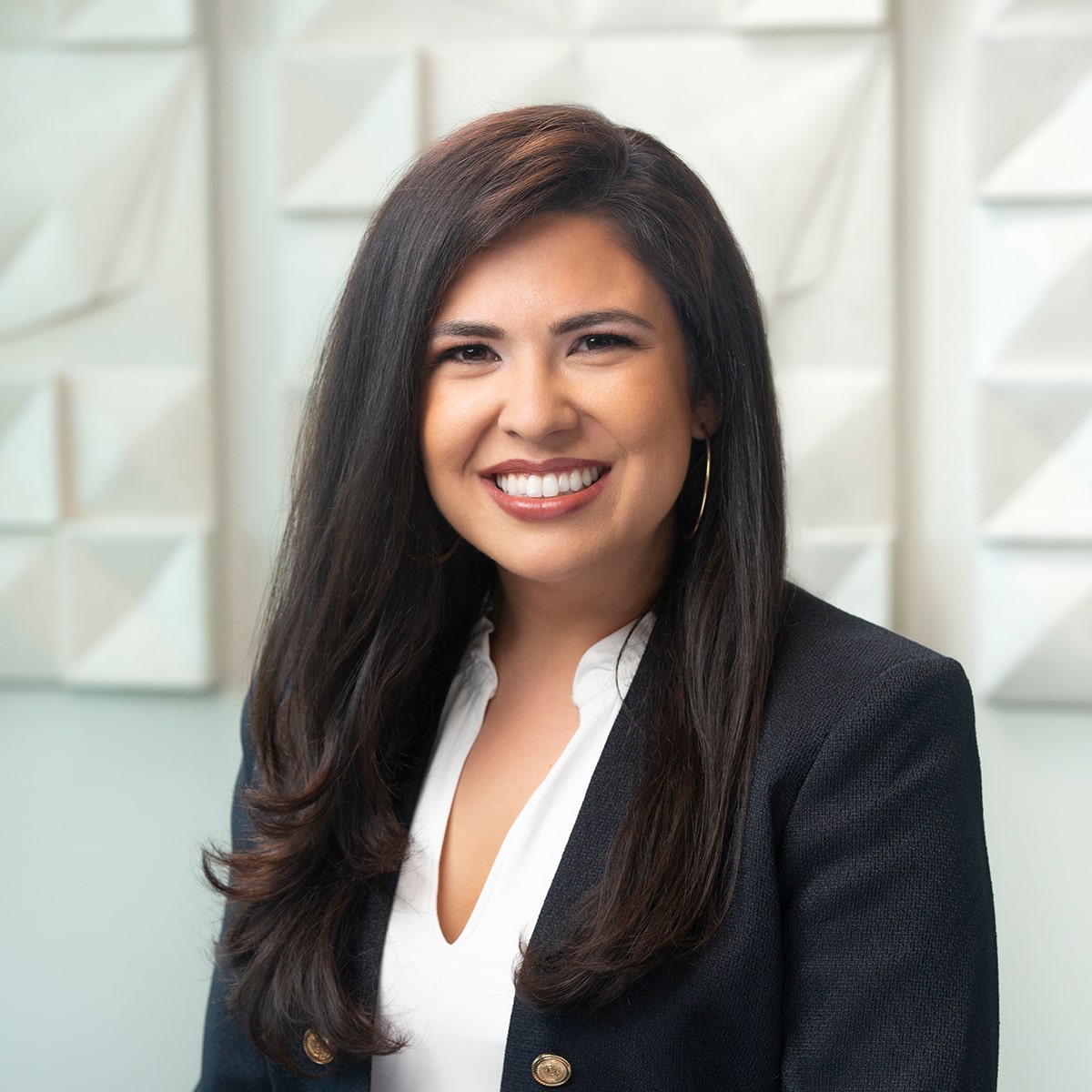 Chief Administrative Officer
Chief Administrative Officer -
 Investment Advisor
Investment Advisor